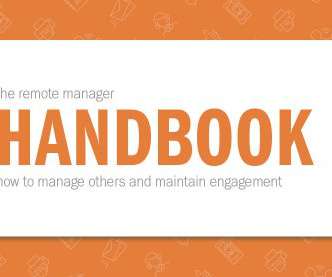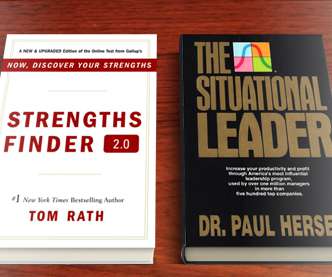Hiring for a Situational Leadership® Mindset
The Center For Leadership Studies
SEPTEMBER 7, 2022
It makes sense that if Situational Leadership ® is part of your organization’s leadership development culture and language, it could greatly benefit your recruitment (and retention) efforts if you were to check for this leadership approach and its invaluable competencies in candidates before you hire.





















Let's personalize your content